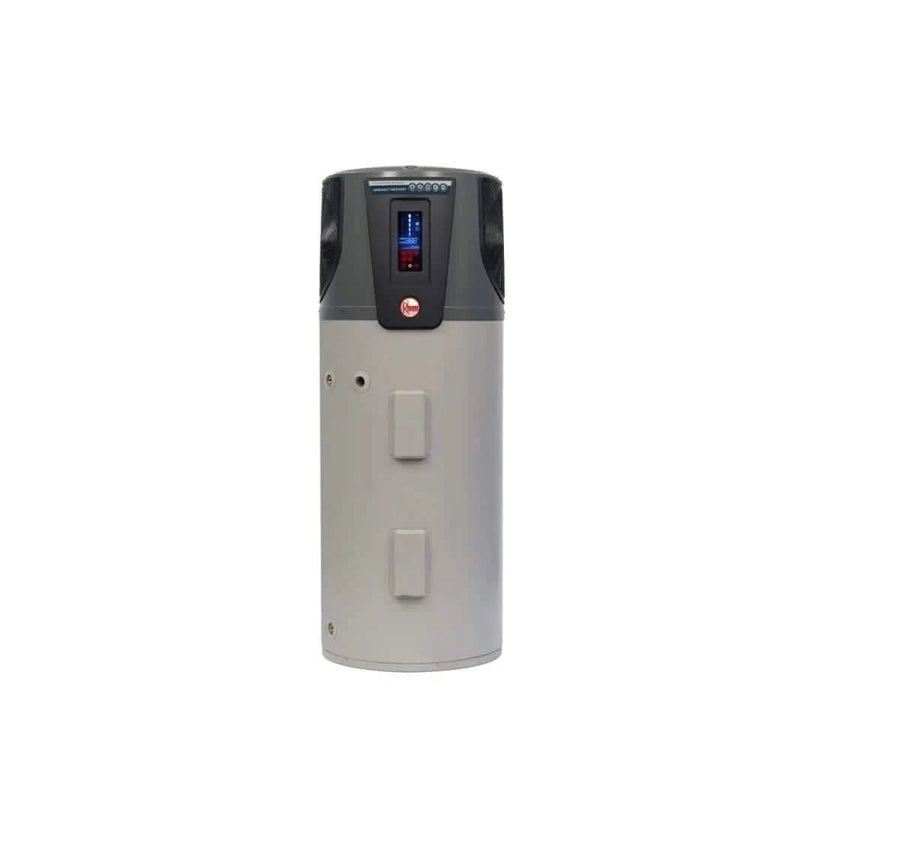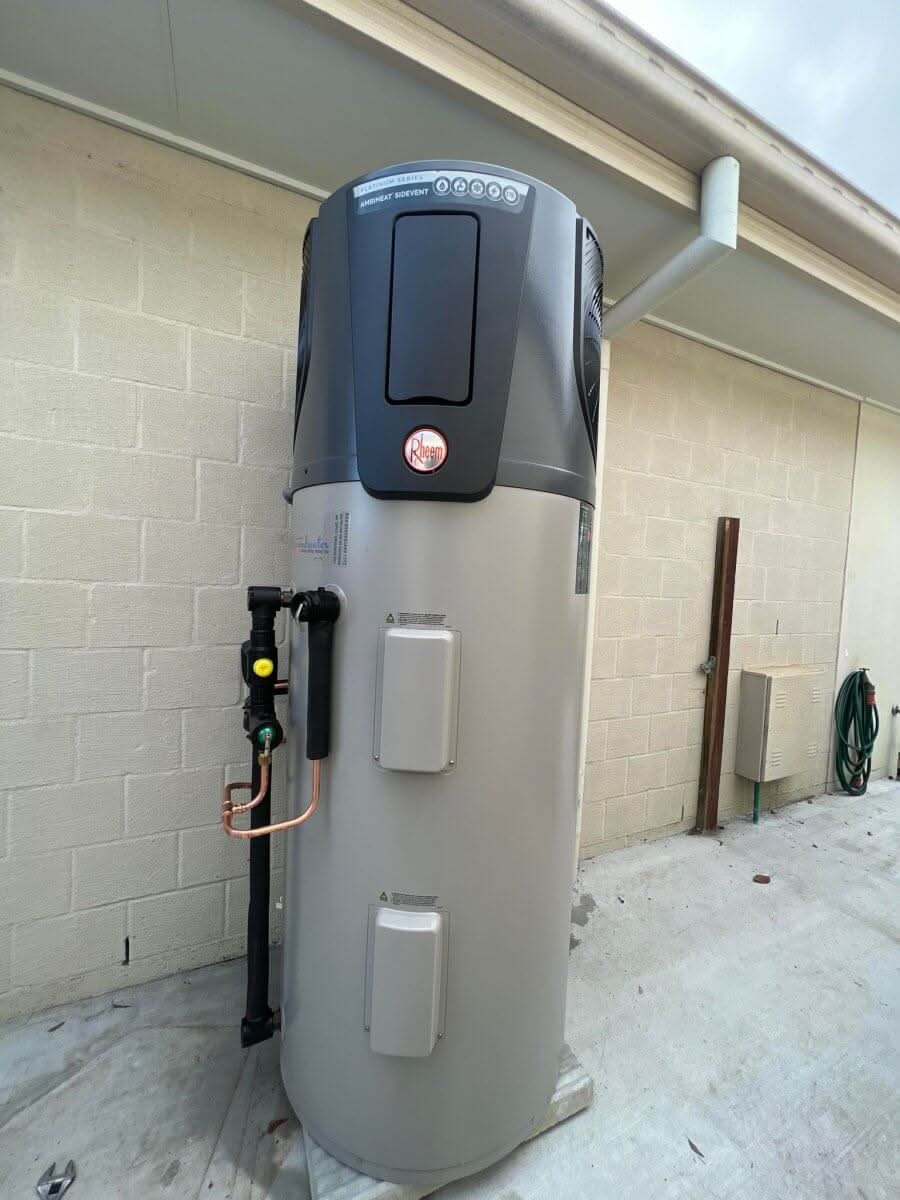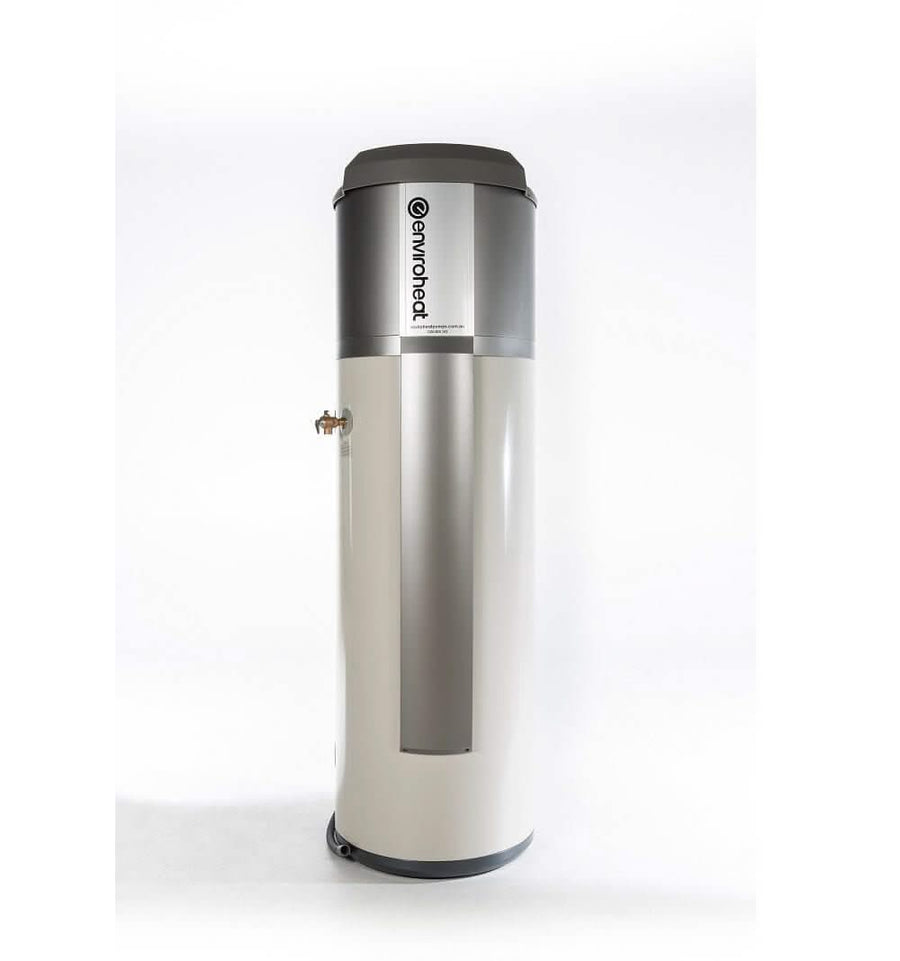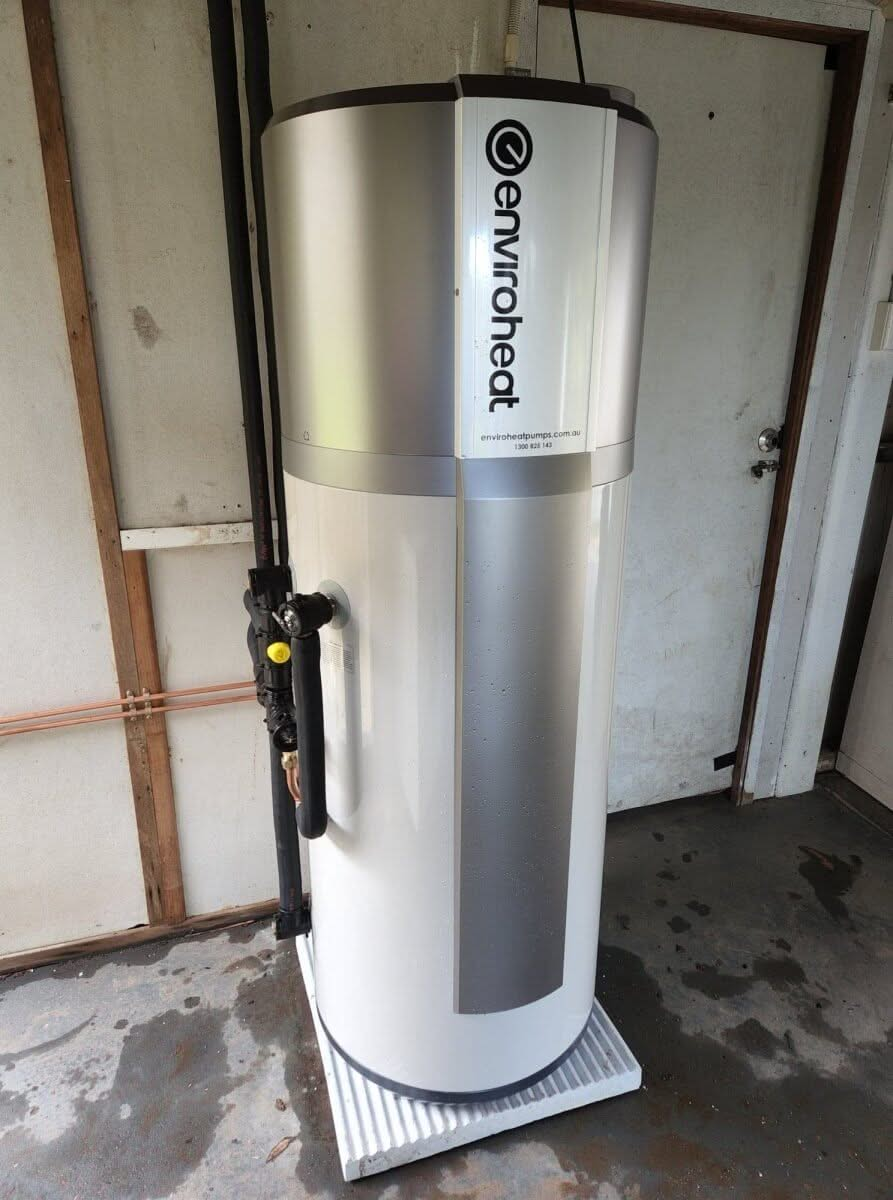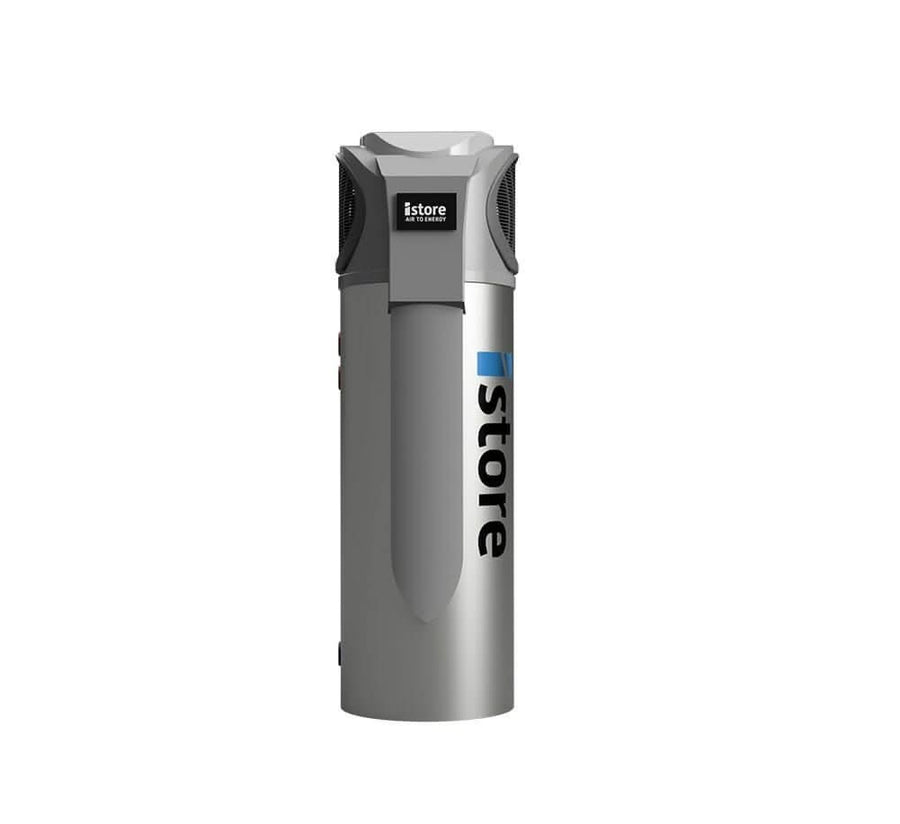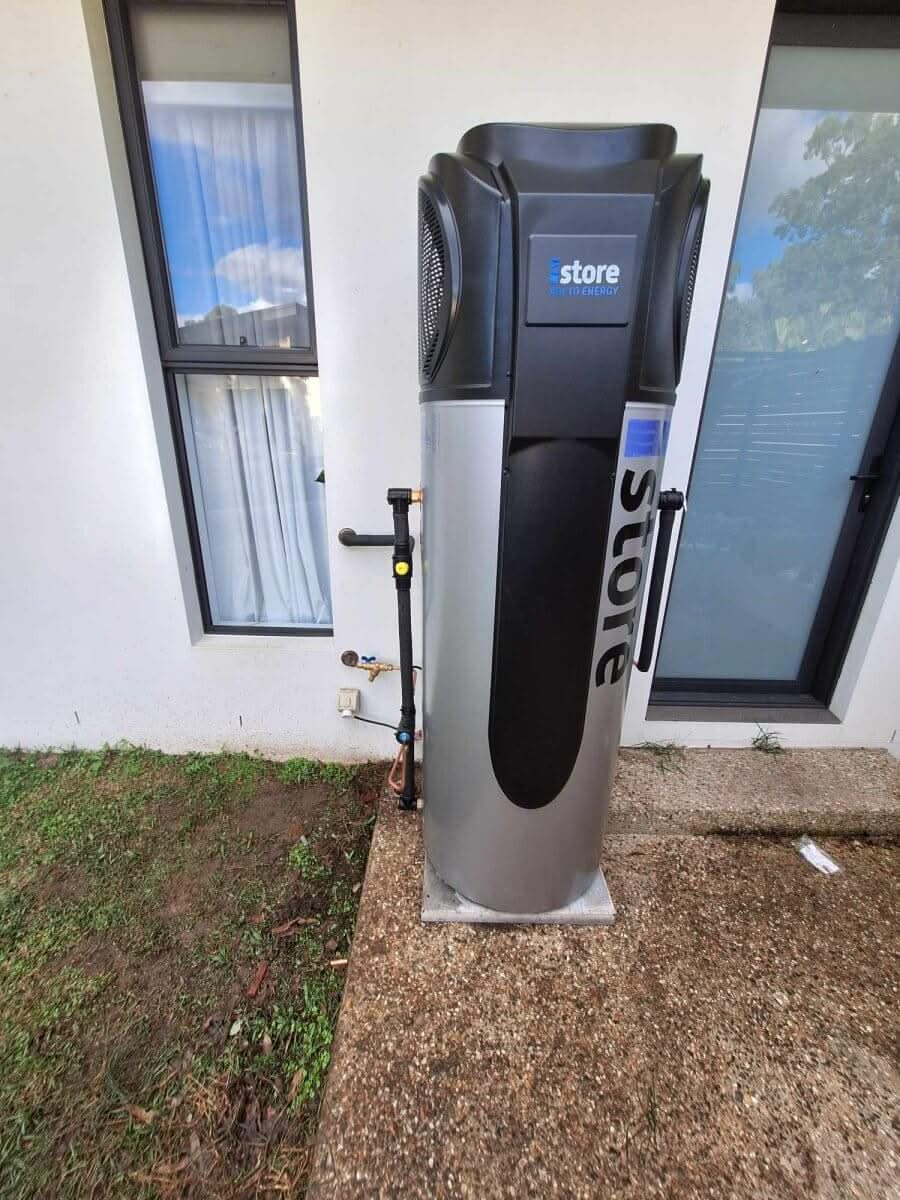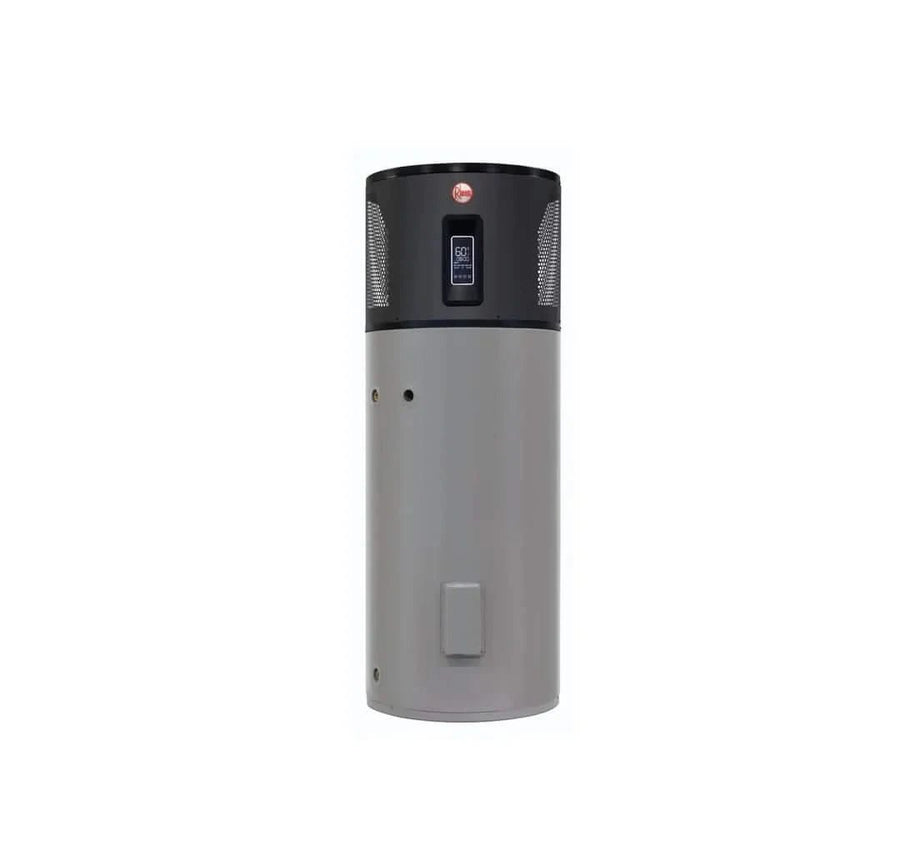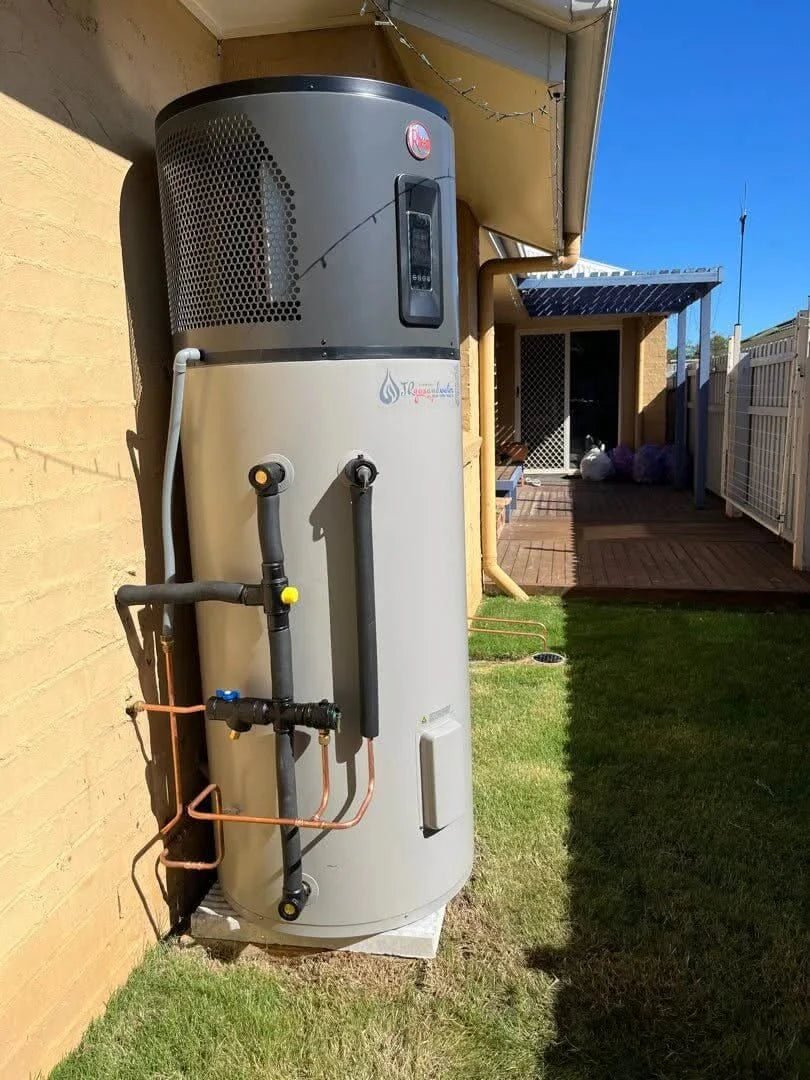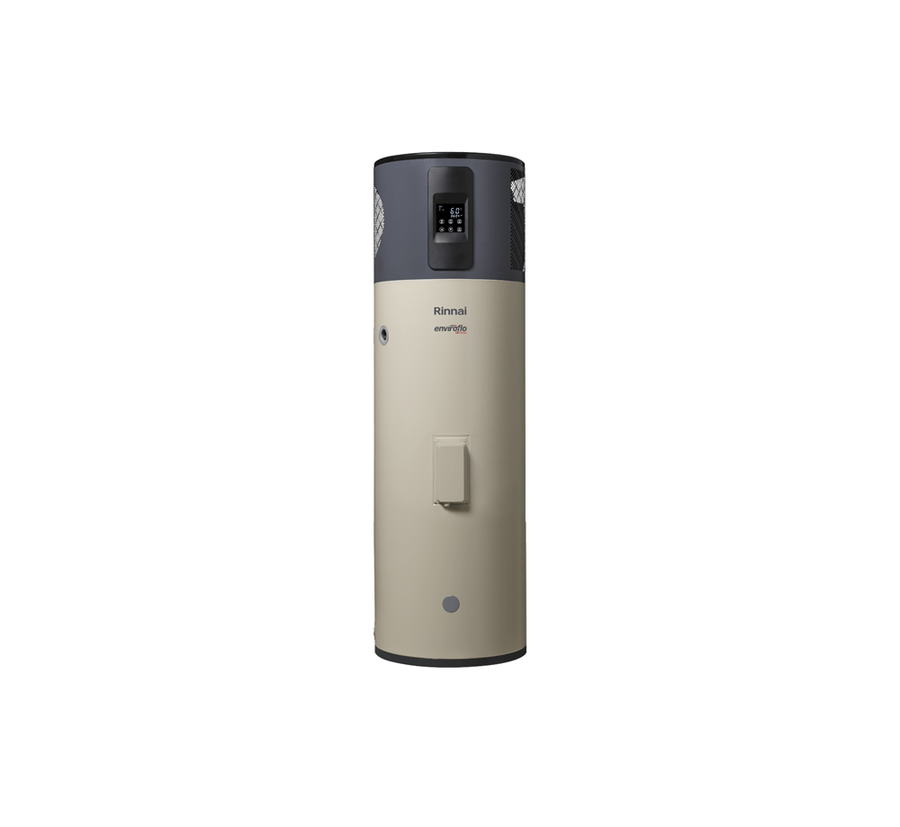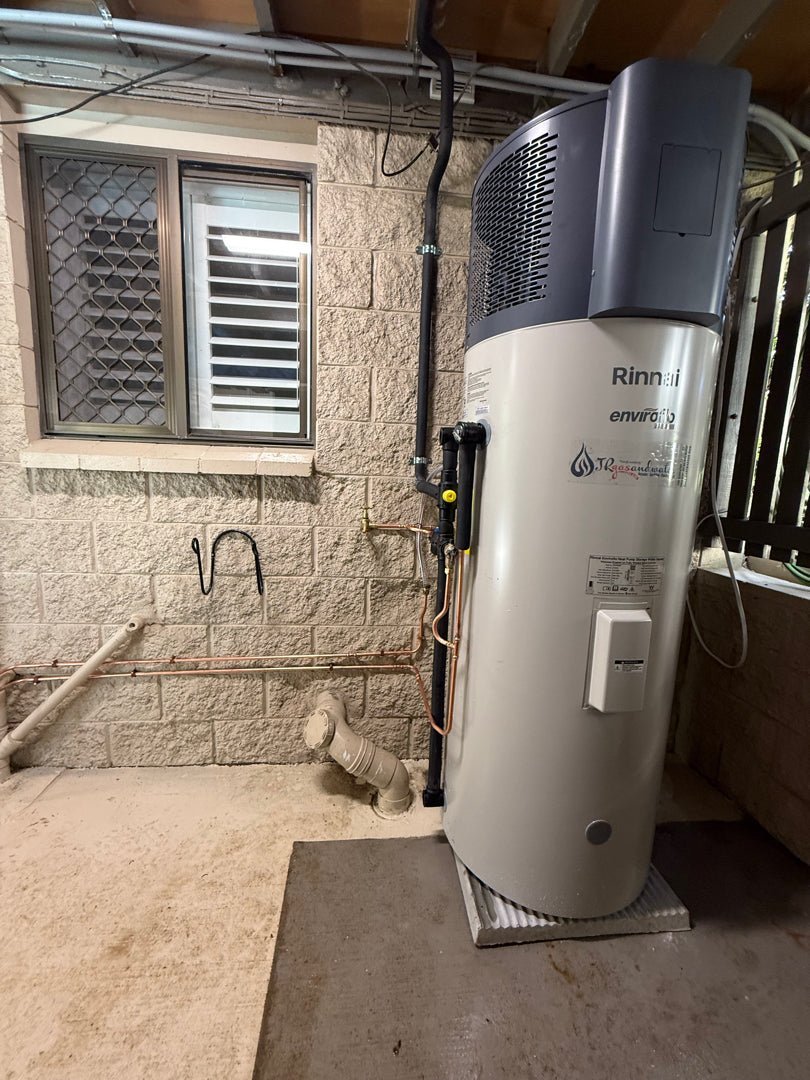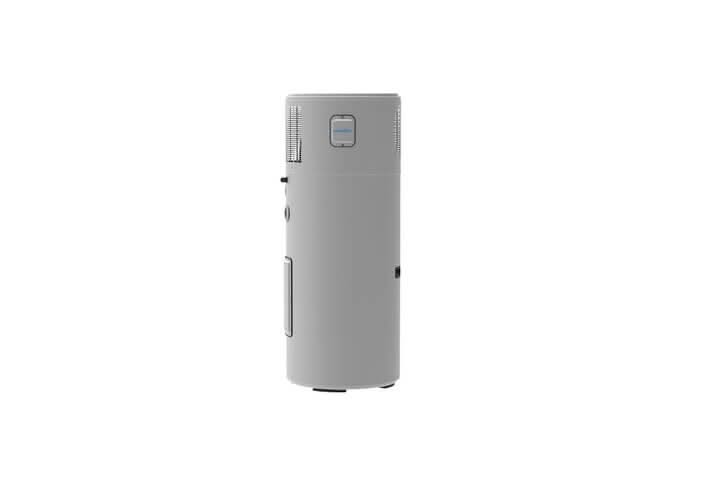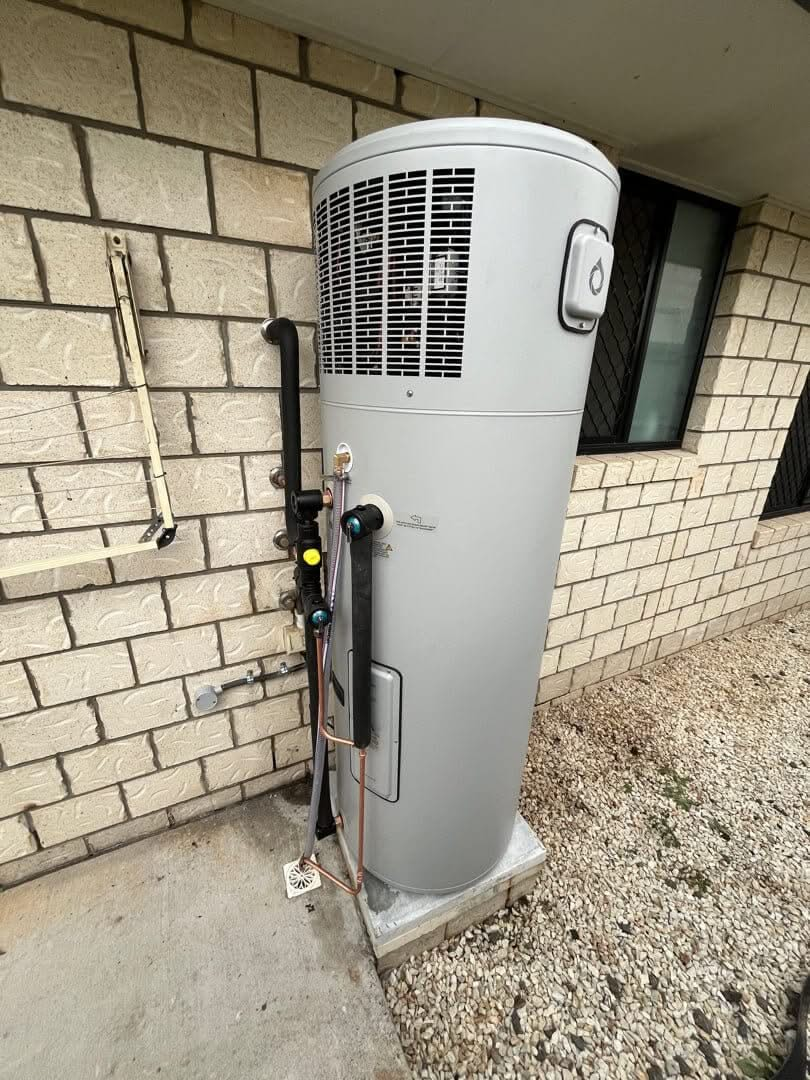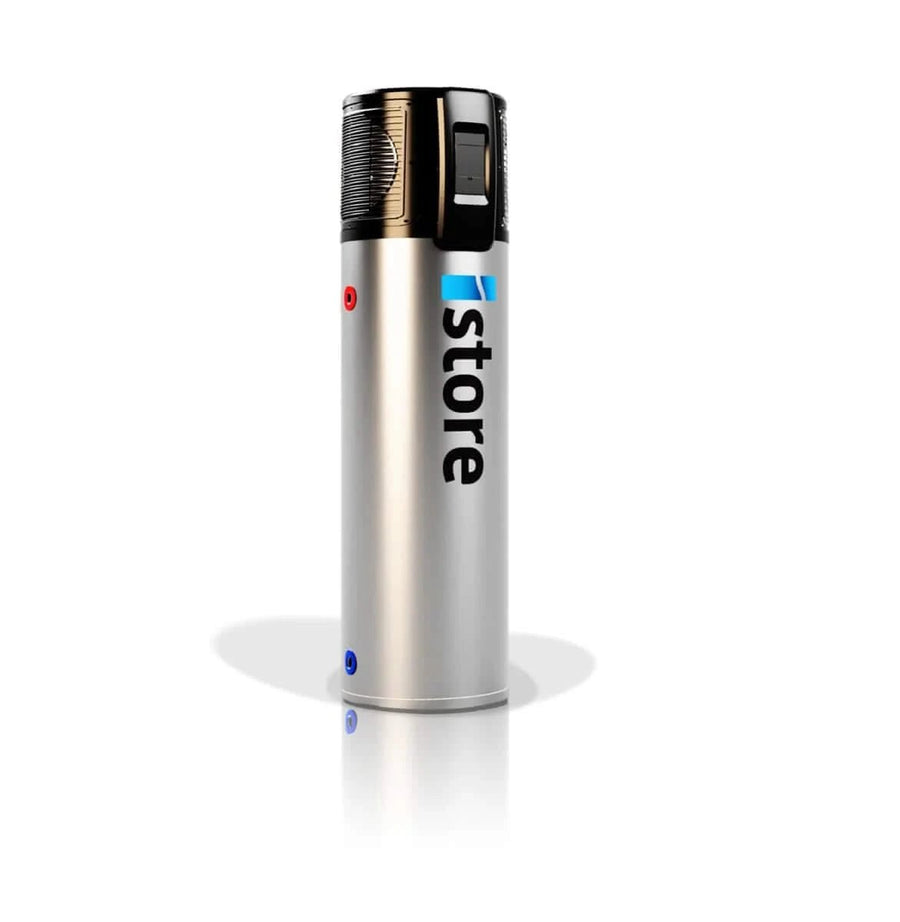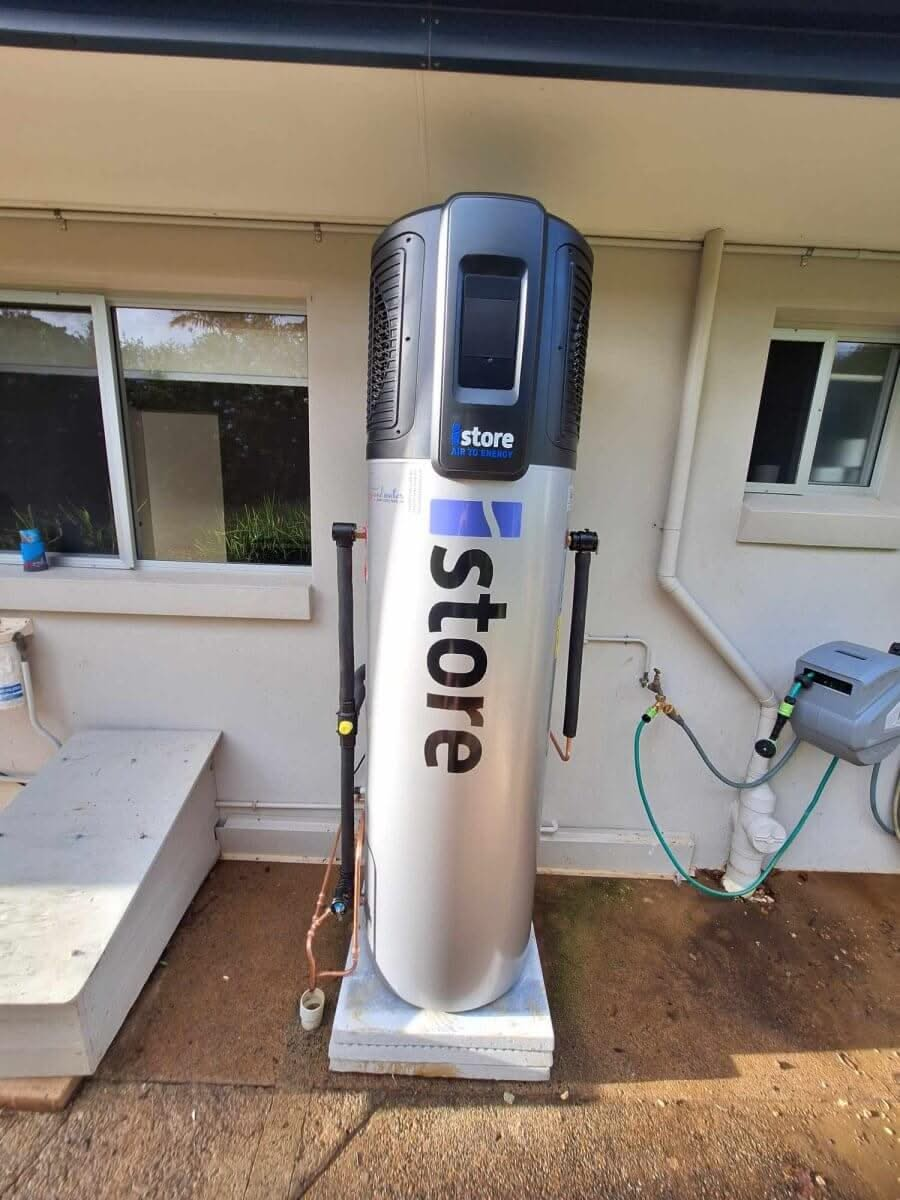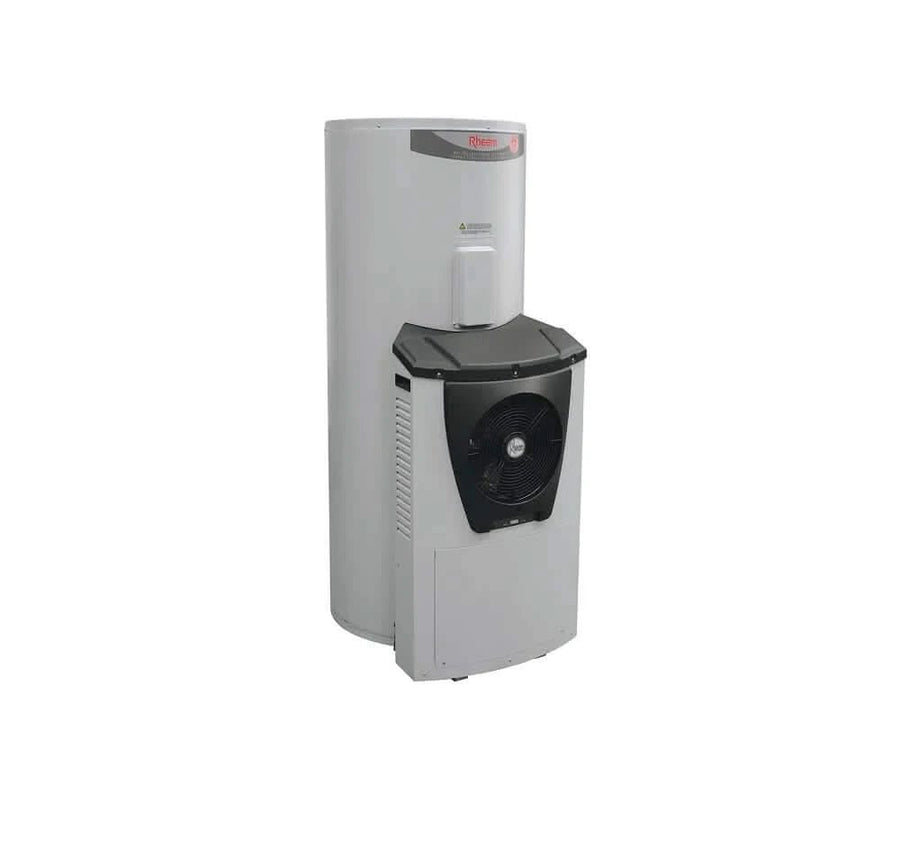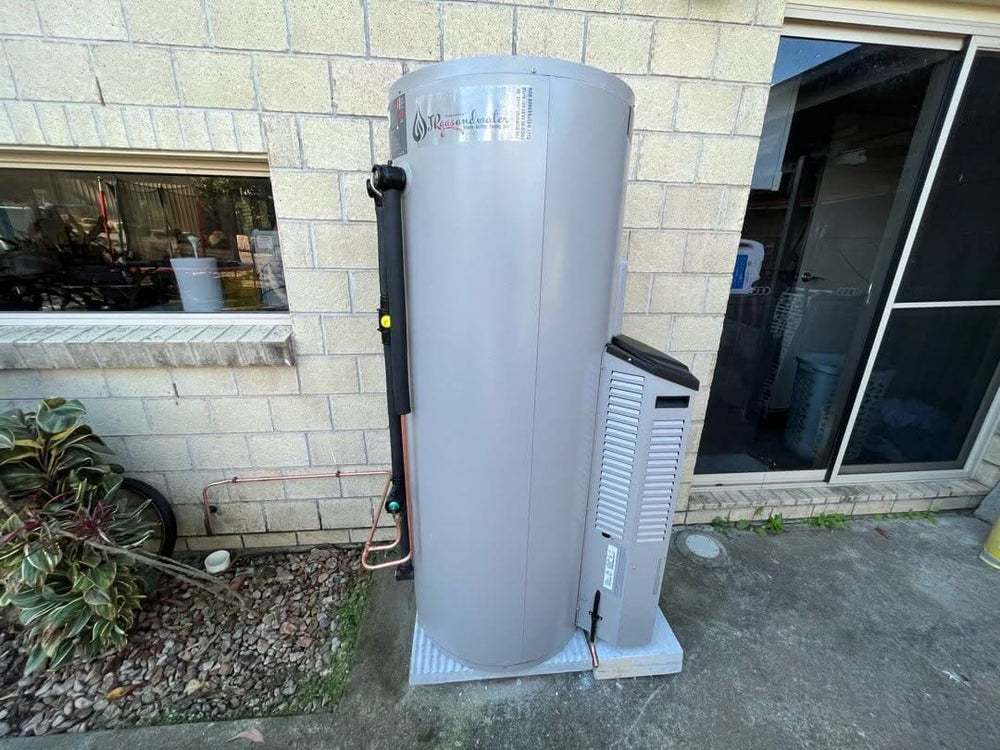2024 Hot Water System Price Guide: Choosing Your Ideal Solution
Investigating hot water system prices? They range from $1,000 for electric systems to over $7,000 for solar, not including varying installation fees. This article cuts through the confusion, providing a straightforward rundown of hot water system price by system type and key influencers like size and installation requirements.
Key Takeaways
-
Hot water system prices vary by type with electric systems starting around $1,000, gas systems $1,500, solar systems $3,000, and heat pump systems $2,500, with variations based on size, capacity, and installation requirements.
-
Solar and heat pump hot water systems entail higher upfront costs, but offer long-term savings and are less costly to run annually compared to traditional electric and gas systems, even taking into account rebates and incentives.
-
Considering the right hot water system involves assessing your specific hot water needs and balancing initial costs against long-term savings, with professional consultation recommended for tailored advice and proper installation.
Hot Water System Options and Their Prices
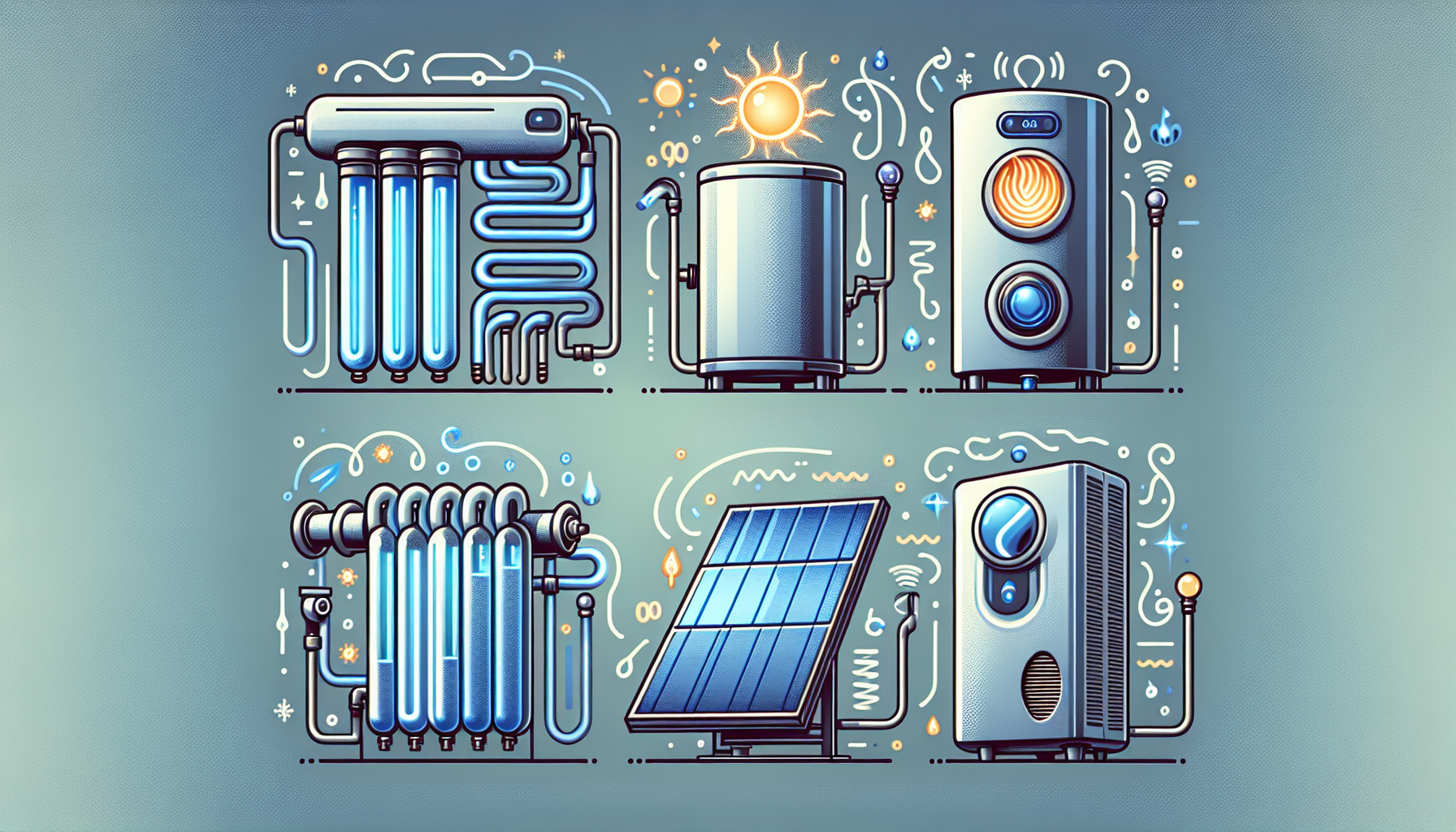
We’ll begin our discussion by exploring the various types of hot water systems and their associated installation costs. There are four main types:
-
Electric systems
-
Gas systems
-
Solar systems
-
Heat pump systems
Each type has its own set of features and prices ranging from $1,000 to over $7,000.
Electric Hot Water System Costs
Electric hot water systems, for instance, generally cost between $1,000 to $2,000 to install. The price can vary based on the size of the unit with larger tanks costing more than smaller ones. For example, a 400L tank storage unit can reach prices of $2,000, whereas a smaller 25L tank could cost around $525. Another electric hot water option is instantaneous hot water units, which lie in the price range of about $750 to $1,500.
While electric systems are cost-effective with low upfront costs, they can be more expensive to run over time, making them potentially costly in the long run. When deciding on an electric hot water system, it’s vital to weigh factors like:
-
unit size
-
budget
-
energy efficiency
-
the brand
Gas Hot Water System Costs
In contrast, gas hot water system installations generally fall in the $1,500 to $3,000 price range. The installation cost can increase if an electrical upgrade, repositioning, or additional plumbing and gas connections are needed.
Replacing an existing hot water system with a gas model usually costs less, with prices ranging from $300 to $800.
Solar Hot Water System Costs
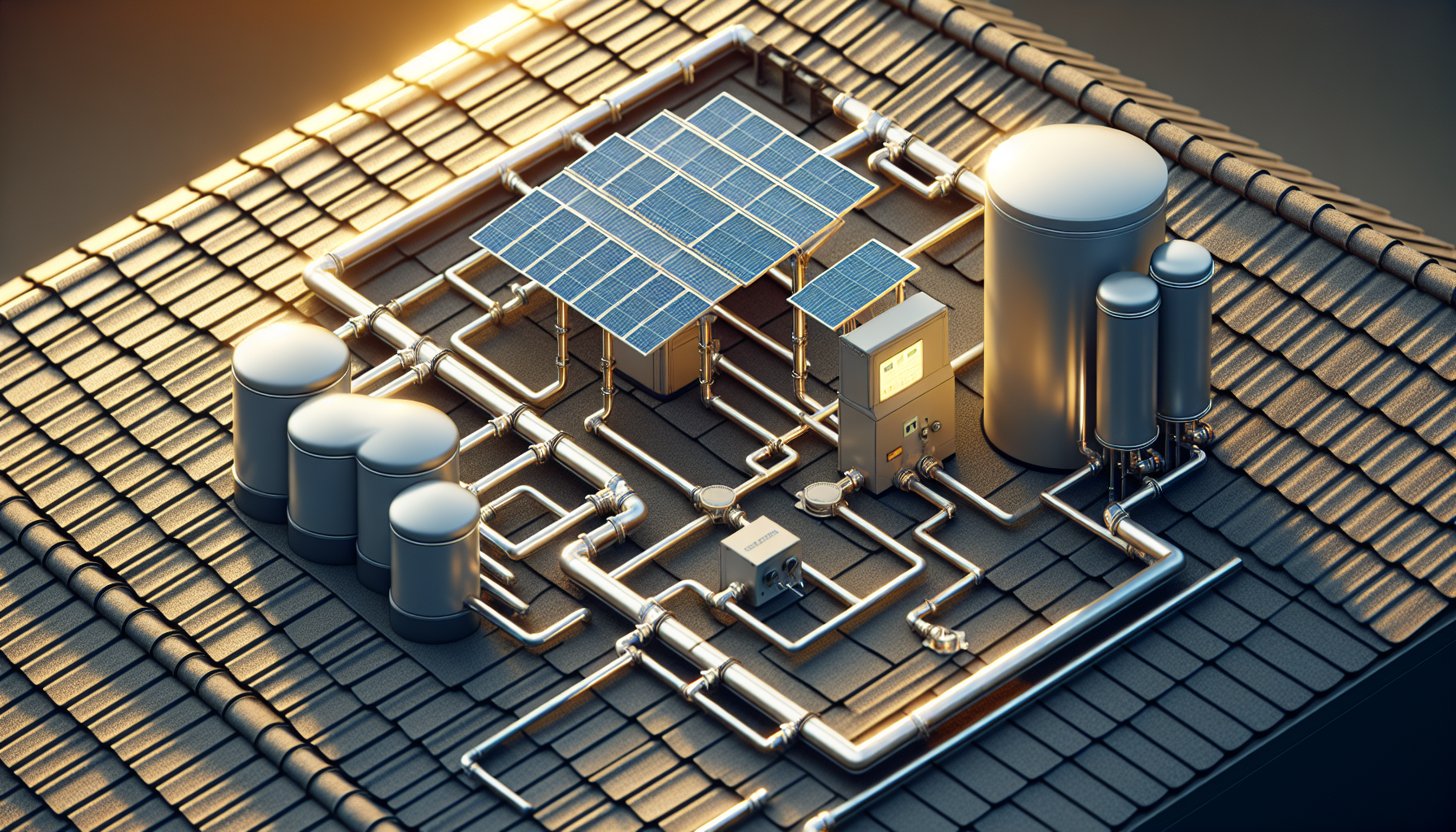
Despite their higher initial cost, solar hot water systems can yield substantial savings in the long run. They typically cost between $3,000 and $7,000 to install, depending on the complexity of installation and components used such as booster systems, solar panels, and storage tanks.
A gas boosted solar hot water system, for instance, can cost from $4,950 to $6,550.
Heat Pump Hot Water System Costs
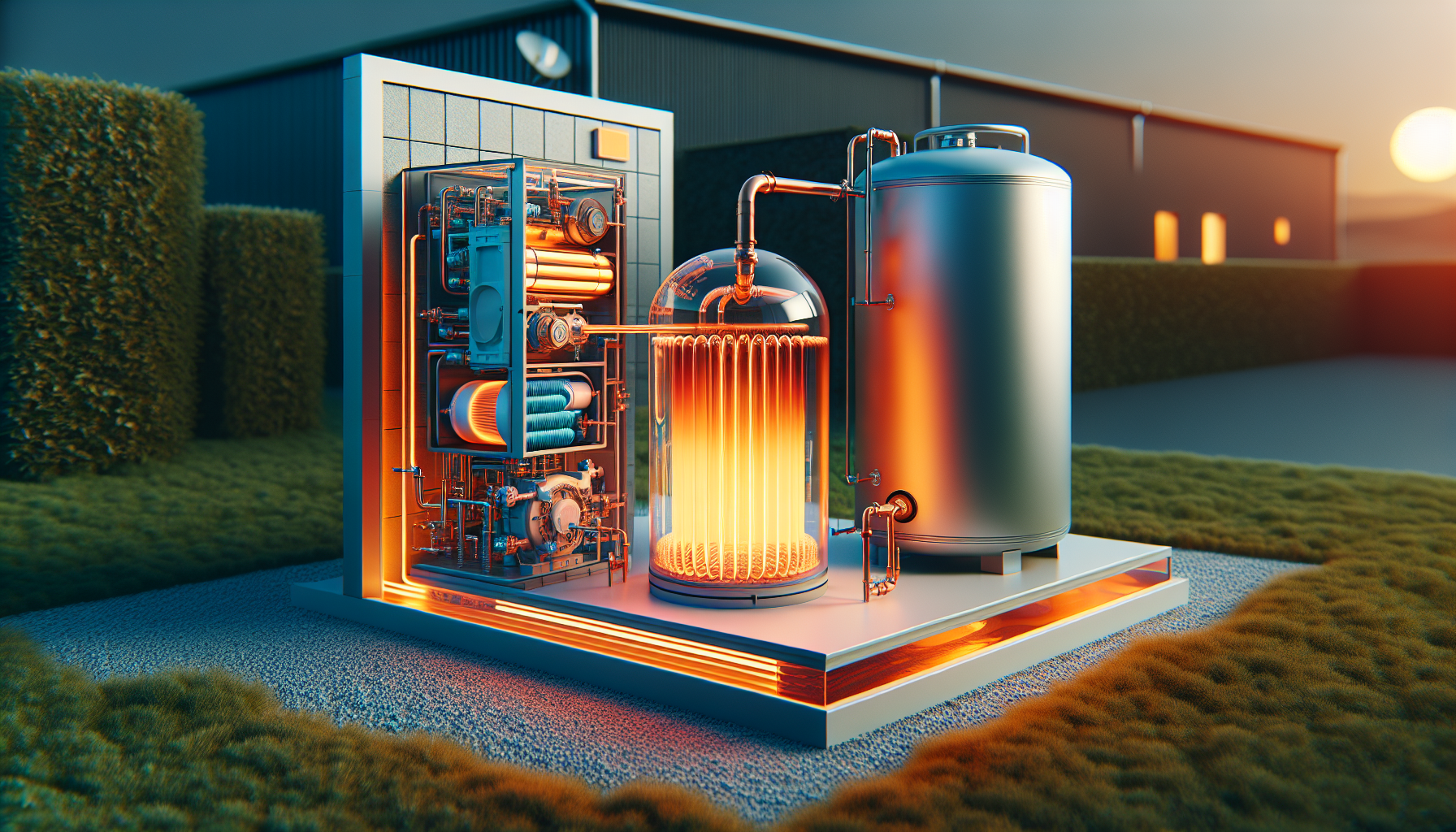
Heat pump hot water systems, which cost between $2,500 to $5,500, account for both the purchase price and the cost of installation. Despite the higher upfront costs, heat pump systems provide significant long-term savings due to their high energy efficiency, making them a valuable investment for many homes.
Factors Affecting Hot Water System Prices
Besides the type of hot water system, other key factors also influence the cost. These include the system’s energy performance, size, and installation requirements, all of which can impact the overall price.
Size and Capacity
The system’s size and capacity, including its storage tank, have a profound impact on its price. Generally, larger capacity systems are more expensive due to the need for more materials and better insulation. For instance, hot water systems come in capacities ranging from about 25 liters to roughly 400 liters, with prices varying accordingly.
Commercial hot water systems, which are designed for high-demand applications, typically come with a higher price point compared to residential models. One of the reasons for this is the use of continuous flow systems in many commercial installations.
Energy Efficiency Ratings
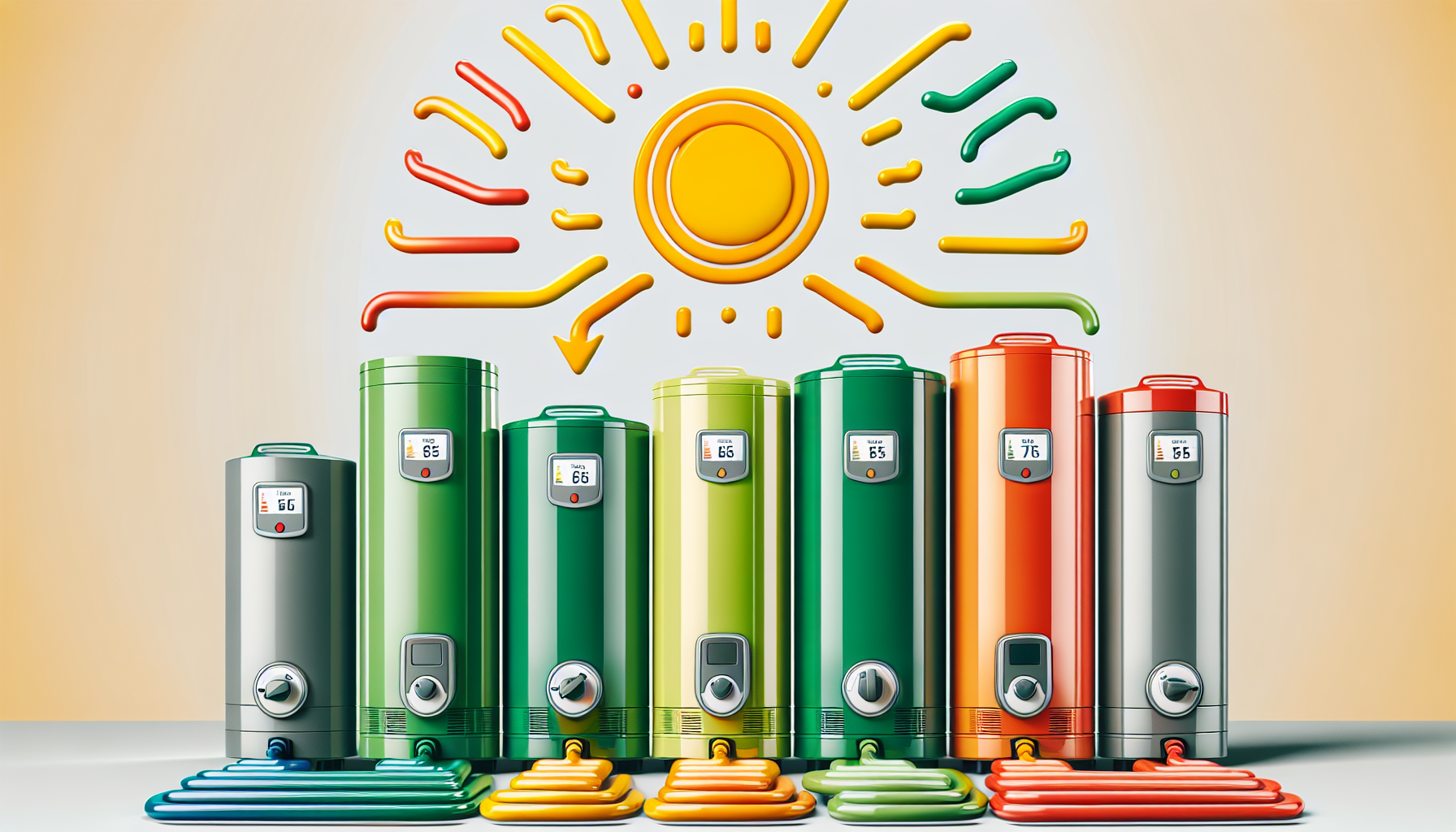
The energy efficiency ratings of hot water systems are pivotal in determining both their initial and ongoing costs. While systems with higher energy efficiency ratings often come with increased initial costs due to advanced technology and materials, they can provide significant savings on utility bills over time.
Solar hot water heaters and heat pumps, while having higher upfront costs, offer long-term savings and low greenhouse gas emissions, making them more cost-effective over time, especially with rising gas prices.
Installation Requirements
The cost of a hot water system installation is influenced by various factors such as the system type, size, and energy efficiency specifications. Complex installations that involve additional valves or upgrades, system repositioning, or energy type changes can significantly increase the cost of installation. Additionally, site access difficulties, such as high roofs or narrow stairs, may necessitate extra labor or equipment, potentially increasing the installation costs further.
Comparing Hot Water System Running Costs
You should also take into account the continuous operating costs of various hot water systems, including continuous flow systems. An electric storage system usually incurs the highest ongoing costs, whilst solar systems with natural gas boosting and heat pumps are among the least expensive in terms of running costs.
Electric vs. Gas Systems
Electric hot water systems have estimated annual energy costs between $650 to $925 depending on peak tariffs, while gas hot water systems range from $295 to $665 annually. However, gas hot water systems can offer flexibility without being influenced by the time of use, unlike electric instantaneous hot water systems, which can be more costly on peak tariffs. Considering these factors, it’s important to evaluate the hot water system cost before making a decision.
Solar and Heat Pump Systems
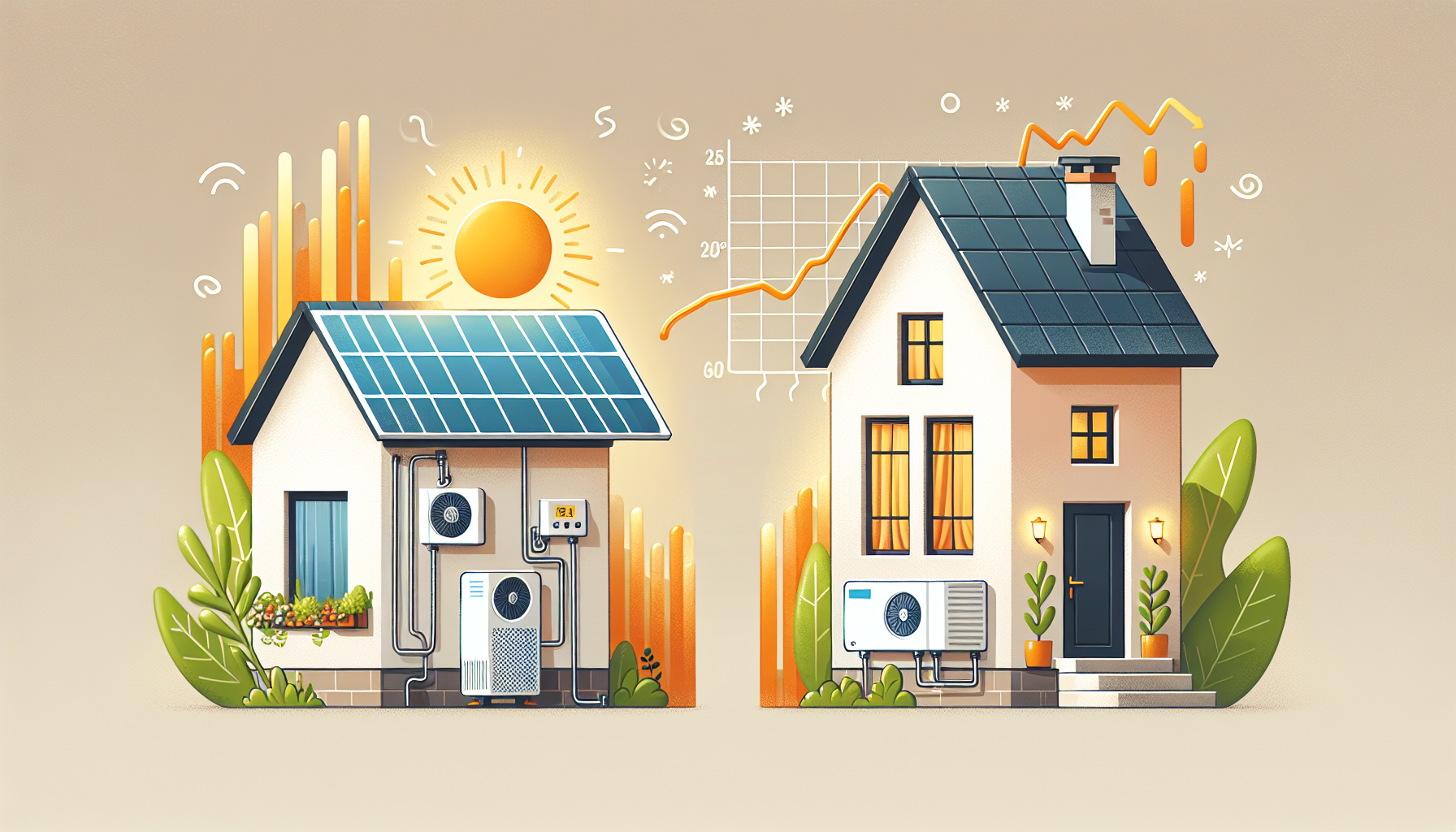
Solar hot water systems, on the other hand, can significantly reduce energy bills over time, with running costs ranging from $65 to $365 annually, depending on gas or electric boosting and usage on peak or off-peak tariffs.
Heat pump water heaters, particularly suitable for environments like Australia, offer reduced running costs compared to traditional electric systems by drawing less current and utilizing energy from the grid more efficiently, even when dealing with cold water.
Government Rebates and Incentives
As you consider the price of a hot water system, don’t forget to factor in the government rebates and incentives that can help lower the initial cost of energy-efficient systems.
Federal Rebates

At the federal level, the Small-scale Renewable Energy Scheme (SRES) provides Small-scale Technology Certificates (STCs), which can be used to offset the cost of installing qualified renewable energy systems such as solar water heaters and heat pumps.
State-Specific Incentives
In addition to federal incentives, some states offer their own incentives and rebates. For instance, Victorian residents can receive a hot water rebate covering 50% of the purchase price up to $1,000 for systems like solar or heat pumps, given they meet specific criteria including property valuation, household income, and age of the existing system.
In Queensland, the Climate Smart Energy Savers Program provides rebates of up to $1,000 for the installation of 4-star rated heat pump or solar hot water systems.
Tips for Choosing the Right Hot Water System
Selecting the appropriate hot water system goes beyond merely comprehending the various options and their prices. It’s about finding a system that fits your specific needs, budget, and energy efficiency targets.
Assessing Your Hot Water Needs

Estimating your hot water usage is crucial in choosing a system of the right size and capacity. This includes considering how many people live in the household and the peak times of usage. Also, take into account the use of hot water by household appliances such as dishwashers and washing machines.
Considering Long-Term Savings
Although the initial cost of a hot water system matters, potential long-term energy savings must also be taken into account. For example, while electric hot water systems have lower initial purchase costs, they tend to be more expensive in the long run due to higher operating expenses.
On the other hand, solar hot water systems, despite having higher upfront costs, can lead to lower running costs and significant long-term energy savings.
Consulting with Professionals
Consulting a professional can guide you in choosing a hot water system tailored to your specific needs and budget. Professionals can provide advice on the appropriate sizing and selection of a hot water system and help you understand the potential benefits of different systems.
Hence, it’s necessary to choose a licensed, well-referenced professional with experience in your specific system type for the installation.
Summary
In conclusion, choosing the right hot water system involves considering a variety of factors including hot water system types, their costs, factors affecting prices, running costs, and government rebates and incentives. Most importantly, it’s about finding a system that fits your specific needs and budget.
Remember, the best hot water system is not necessarily the cheapest or the most expensive one. It’s the one that offers the best balance of upfront costs, running costs, energy efficiency, and meets your specific hot water needs.
Frequently Asked Questions
How much is new hot water system?
The prices for gas and electric hot water systems vary depending on the type and size you choose. It's best to contact a supplier for specific pricing.
How much does it cost to replace a hot water system in Australia?
The average cost to replace a hot water system in Australia is $200-$600, with variations based on factors such as the type of unit, delivery, installation, and disposal. Costs may vary for each individual.
How much is a 250 Litre solar hot water system?
The price for a 250-litre solar hot water system varies depending on the brand and installation costs, ranging from $750 to $1300 for the tank alone. Additional costs may apply for solar panel installation. In the long term, however, it can result in cost savings.
Is there a rebate for hot water system in Queensland?
Yes, the Queensland Government offers rebates of up to $1,000 for installing 4-star rated hot water systems, through the Climate Smart Energy Savers rebate program. This is a great opportunity to upgrade to a more energy-efficient hot water system.
What are the main types of hot water systems?
The main types of hot water systems are electric, gas, solar, and heat pump systems, offering various options for different preferences and needs.




